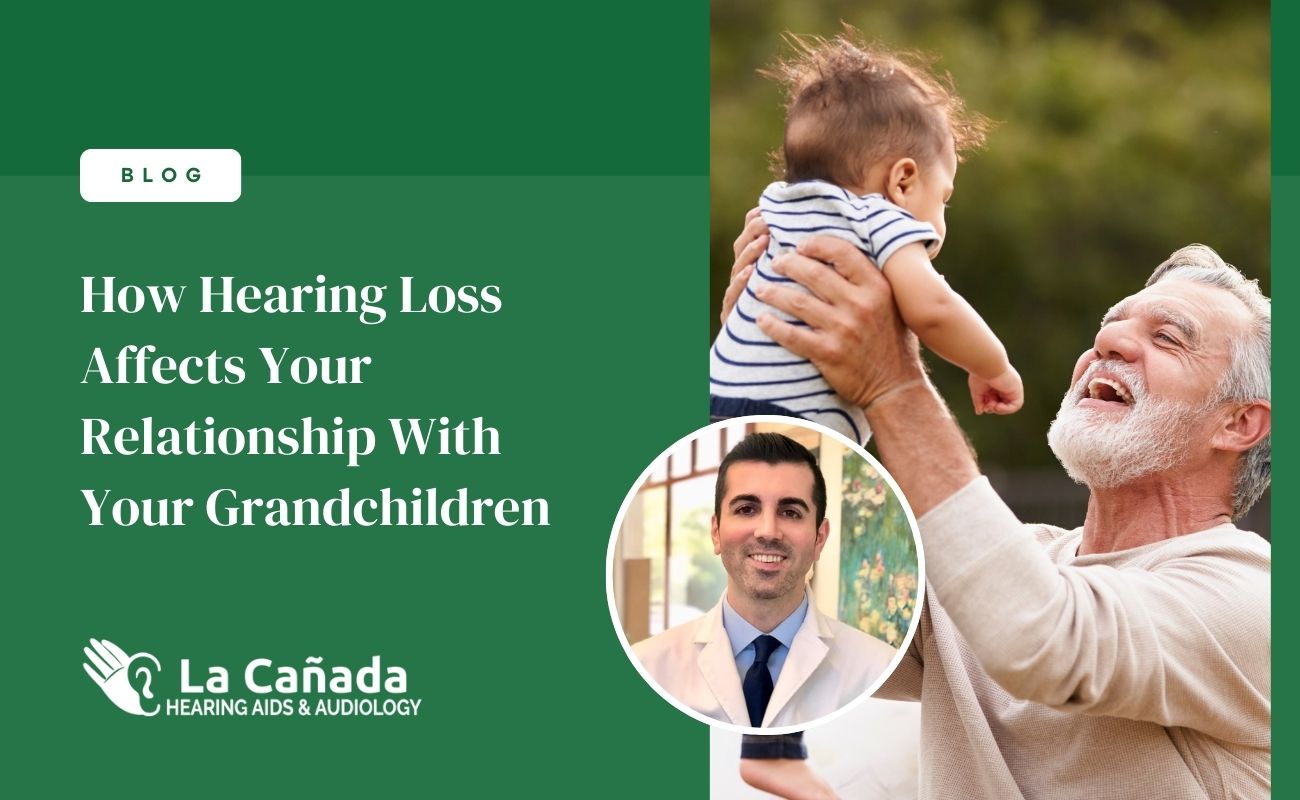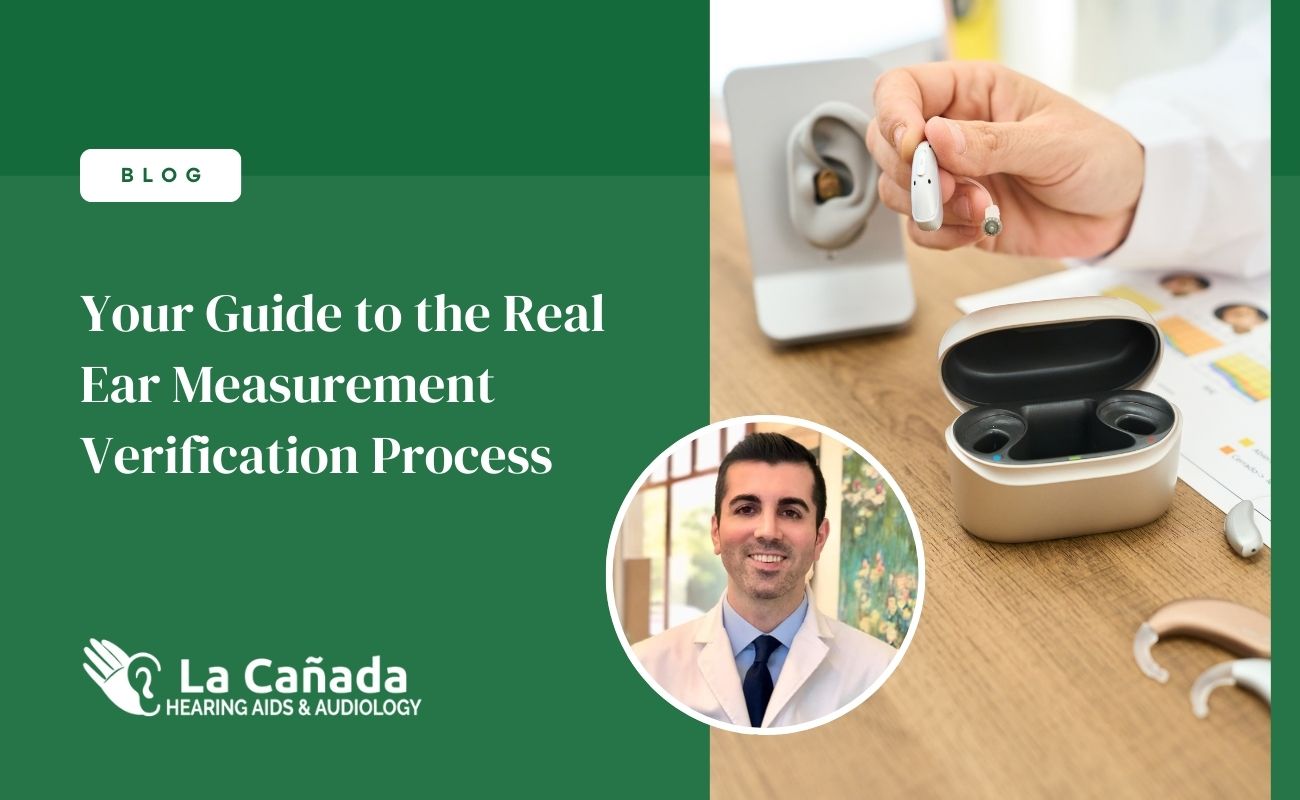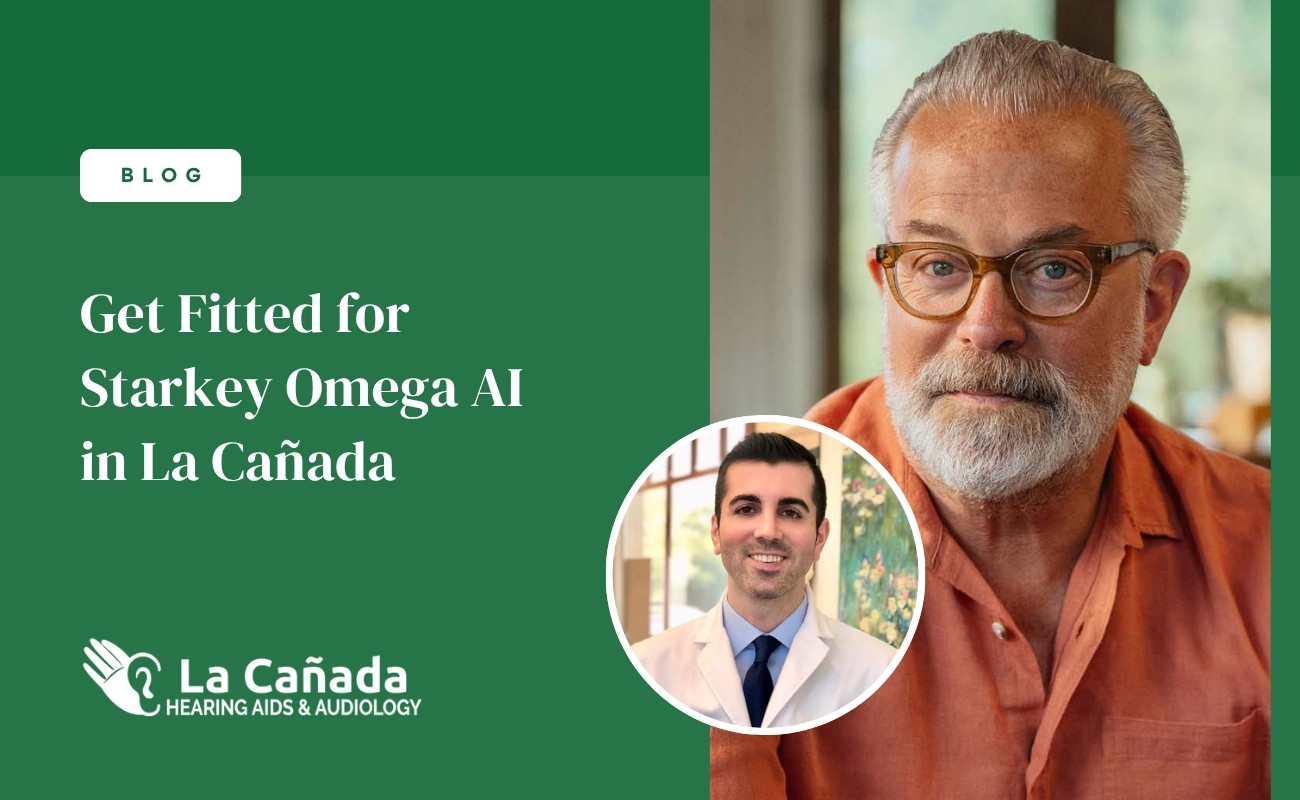Scheduling your first hearing evaluation can feel overwhelming, especially if you're unsure about what the process involves. At La Cañada Hearing Aids & Audiology, we understand that taking this step represents an important decision about your health and wellbeing. Our evaluation process is designed to be comfortable, thorough, and informative, giving you the knowledge you need to make confident decisions about your hearing care.
Preparing for Your Visit
Before your appointment, gather relevant information that will help us better understand your hearing concerns. Make note of any medications you're currently taking, as certain prescriptions can affect hearing. Think about the times of day and specific environments where you notice hearing difficulties most. Are family gatherings challenging? Do you struggle to follow conversations in restaurants? This information helps us tailor our evaluation to your specific needs.
Bring along any previous hearing test results or medical records related to ear infections, injuries, or surgeries. If you have a family history of hearing loss, please share this information as well. Having someone accompany you to the appointment can be helpful, as they can provide additional perspective on how hearing changes have affected your daily life.
Beginning with a Detailed Consultation
Your evaluation starts with a consultation where we discuss your lifestyle, work environment, and social activities. We want to understand how hearing challenges are impacting your daily experiences. Do you find yourself asking people to repeat themselves? Have you noticed that you need to turn up the television volume? Are you avoiding certain social situations because of hearing difficulties?
We'll review your medical history thoroughly, including any conditions that might relate to hearing health. Certain illnesses, medications, and treatments can affect your hearing ability. Family medical history is equally important, as hearing loss can have hereditary components. This conversation helps us understand your complete health picture and identify any factors that might influence your hearing evaluation.
Physical Examination of Your Ears
Following our discussion, we conduct a physical examination of your head, neck, and ear area. Using an otoscope, we examine your ear canals and eardrums to check for any visible issues that might affect your hearing. We look for earwax buildup, signs of infection, inflammation, or damage to the eardrum structure.
This examination includes evaluating your manual dexterity and vision when relevant to hearing aid considerations. We assess your ability to handle small objects, which becomes important if hearing aids are recommended later in the process.
The Heart of Your Hearing Test
The hearing evaluation takes place in our spacious, soundproof testing room designed to eliminate outside noise interference. You'll wear comfortable headphones while we conduct several different tests to measure various aspects of your hearing ability.
The pure tone assessment involves listening for tones at different frequencies and volumes. When you hear a sound, you'll press a button to indicate detection. This test measures your hearing thresholds across the frequency range important for speech understanding and daily communication.
Speech recognition testing evaluates how well you understand spoken words at different volume levels. We'll present words and phrases through the headphones, and you'll repeat what you hear. This test is particularly valuable because it measures not just whether you can hear sounds, but how well you can process and understand speech.
We measure your tolerance for louder sounds to understand your comfort levels and ensure any future hearing aid programming accounts for your specific sound sensitivity preferences. The QuickSIN test specifically evaluates your ability to understand speech in background noise, which is often the most challenging listening situation for people with hearing loss.
Understanding Your Results
After testing, we'll review your results using an audiogram, which provides a visual representation of your hearing abilities for each ear. The audiogram shows both the softest sounds you can hear at different frequencies and your speech understanding scores.
We'll explain what your results mean in practical terms. If hearing loss is present, we'll show you exactly which speech sounds you might be missing and how this affects your ability to understand conversations. Using a speech banana diagram, we can demonstrate which sounds fall outside your hearing range and explain why certain words or situations are more challenging.
Your audiogram provides detailed information about the type, degree, and configuration of any hearing loss. We categorize hearing loss levels from normal hearing through mild, moderate, severe, and profound ranges. Understanding these classifications helps you comprehend the impact on your daily life and communication needs.
Real Ear Measurements for Precise Care
When hearing aids are appropriate for your hearing loss, we use Real Ear Measurements to ensure optimal fitting and programming. This advanced verification process involves placing a thin probe microphone in your ear canal alongside the hearing aid to measure exactly what sounds you're receiving. Unlike many providers who rely on manufacturer default settings, we use this precise measurement technique to program hearing aids specifically for your unique ear anatomy and hearing loss pattern.
Real Ear Measurements ensure your hearing aids provide the exact amplification needed at each frequency, maximizing speech understanding while maintaining comfort. This scientific approach to hearing aid fitting significantly improves outcomes and satisfaction compared to estimation-based programming methods.
Discussing Your Treatment Options
Based on your evaluation results, we'll discuss appropriate next steps for your hearing health. If hearing loss is present, we'll explain various treatment options, which might include hearing aids, assistive listening devices, or medical referrals when appropriate.
For hearing aid candidates, we'll discuss different technology levels and styles that match your hearing loss, lifestyle needs, and preferences. Today's hearing aids offer features like Bluetooth connectivity, rechargeable batteries, and advanced noise reduction technology. We work with leading manufacturers including Oticon, ReSound, Starkey, Signia, Phonak, and Widex to recommend the most appropriate solution for your specific needs.
We'll address practical considerations like insurance coverage, financing options, and ongoing care requirements. Our goal is to provide you with complete information so you can make informed decisions about your hearing health.
The ListeningBrain® Approach to Success
If hearing aids are recommended, we'll explain our ListeningBrain® treatment program, which goes beyond simply fitting devices. This approach includes gradual adaptation protocols that help your brain readjust to hearing sounds you may have been missing. Rather than overwhelming you with full amplification immediately, we use a systematic process that allows comfortable adaptation while building consistent wearing habits.
This method recognizes that successful hearing aid use involves retraining your brain to process sounds effectively. Our approach results in higher satisfaction rates and more consistent daily use compared to traditional fitting methods.
Building Your Hearing Health Partnership
Your first hearing evaluation marks the beginning of a long-term partnership focused on maintaining and optimizing your hearing health. We provide ongoing support, regular check-ups, and adjustments as your needs change over time. Whether you need hearing aids immediately or we're monitoring changes for future care, we're committed to supporting your hearing health journey.
Take the Next Step Toward Better Hearing
Taking the step toward better hearing starts with understanding your current hearing abilities. Our thorough evaluation process provides the foundation for effective treatment and improved communication. Dr. Kevin Ivory and our team at La Cañada Hearing Aids & Audiology are here to guide you through every aspect of your hearing health journey with expertise, compassion, and evidence-based care. Contact us at (818) 928-1400 to schedule your hearing evaluation and take the first step toward better hearing and enhanced quality of life.


.webp)





